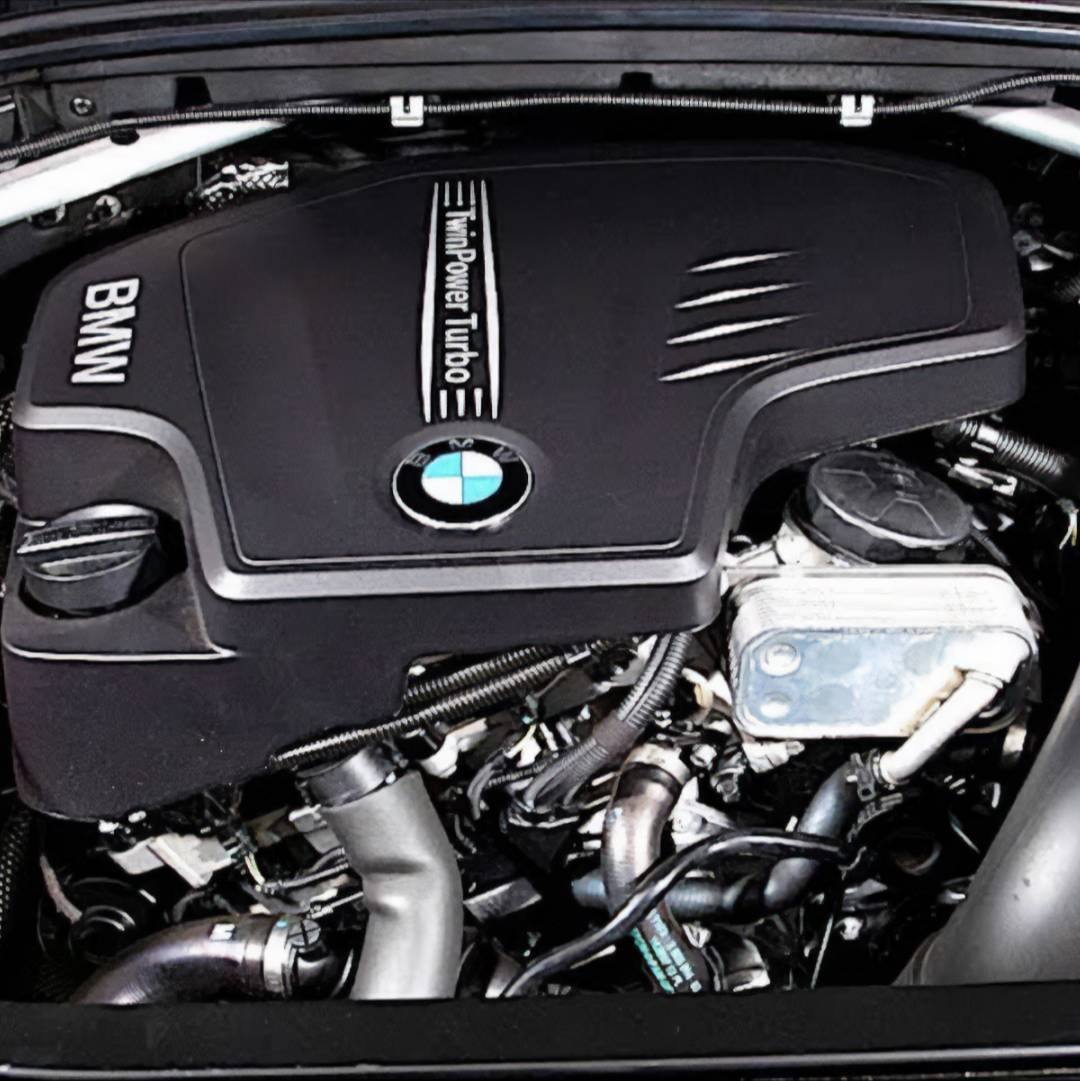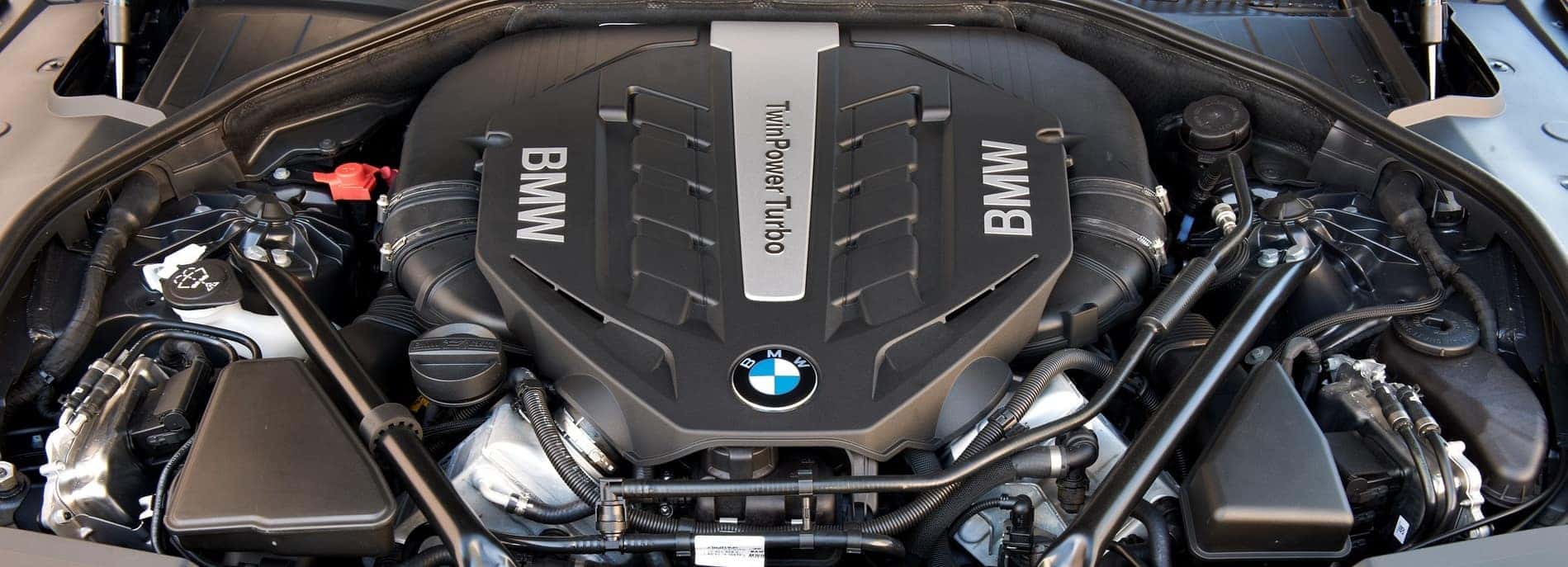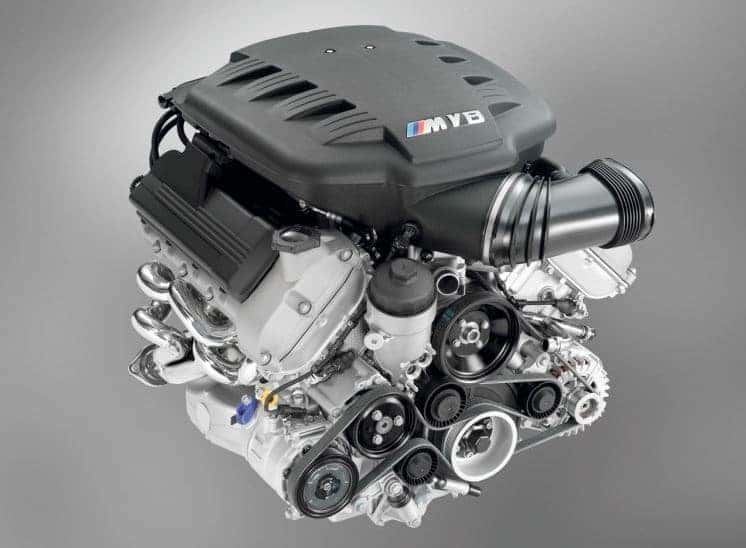Introducing the Intricacies of Next-Generation Power Units: a Deep Dive Into Advanced Engine Advancements and styles
In the world of vehicle engineering, the relentless pursuit of efficiency, efficiency, and sustainability has actually propelled the evolution of power systems to extraordinary heights. As we depend on the precipice of a brand-new era in transport, the details of next-generation engine styles beckon us to discover the advanced technologies and developments that promise to redefine the driving experience. From sophisticated materials that press the limits of resilience and weight reduction to advanced turbocharging and supercharging systems that elevate power output to new levels, each part of these power devices holds a vital to opening the future of automobile design. Delving deeper into the realms of exhaust control, smart engine administration systems, and the horizon of power device growth, we find ourselves on the cusp of an improvement that assures to improve the landscape of mobility as we recognize it.
Evolution of Engine Products

The shift towards advanced engine materials has actually also made it possible for designers to develop engines with greater power outputs while keeping fuel performance criteria. The use of lightweight products decreases the overall weight of the engine, leading to boosted fuel economy and lower discharges. Additionally, improvements in products modern technology have permitted for far better thermal monitoring within engines, leading to increased integrity and durability.
Turbocharging and Supercharging Technologies
How do Turbocharging and Supercharging Technologies transform engine performance and performance in modern-day lorries? Turbocharging and turbo charging are technologies that substantially boost engine efficiency by increasing the amount of air intake right into the burning chamber. Turbocharging achieves this by using a wind turbine driven by exhaust gases to pressurize the intake air, while supercharging utilizes a belt- or chain-driven compressor to achieve the same effect.
These technologies make it possible for smaller sized, much more fuel-efficient engines to produce power equal to larger ones, referred to as downsizing. Forcibly even more air right into the cylinders, turbocharging and turbo charging improve combustion efficiency, causing enhanced horse power and torque result without a significant rise in engine dimension. This results in far better velocity, towing ability, and total driving performance.
Moreover, turbo charging and turbocharging add to boosted fuel performance by allowing the usage of smaller engines that eat less gas under regular driving conditions - bmw engine. This combination of boosted efficiency and effectiveness has made turbocharging and turbo charging essential elements of lots of contemporary engine designs
Discharge Control and Environmental Influence
With enhancing international worries pertaining to air top quality and ecological sustainability, the implementation of exhaust control technologies in cars plays an important function in lowering dangerous contaminants launched into the atmosphere. Modern vehicles are outfitted with advanced discharge control systems that assist minimize the ecological impact of automobile procedures. Catalytic converters, as an example, are created to convert harmful gases such as carbon monoxide, nitrogen oxides, and hydrocarbons right into less hazardous compounds like co2 and water vapor.
Additionally, innovations in engine modern technology, such as the integration of exhaust gas recirculation systems and careful catalytic reduction, have actually significantly added to lowering exhausts. These innovations work in tandem to maximize combustion performance and reduce the release of unsafe pollutants right into the air. In addition, the advancement of hybrid and electrical cars represents a critical step towards lowering the total ecological impact of the transport market.
Intelligent Engine Monitoring Systems

Furthermore, these systems allow automobiles to meet strict exhausts criteria without compromising efficiency, offering an extra environmentally pleasant driving experience. The assimilation of expert system and artificial intelligence abilities in engine management systems continues to push the boundaries of what is possible, causing additional renovations in efficiency, integrity, and general lorry performance. bmw engine. As automobile innovation breakthroughs, smart engine monitoring systems will play an important role fit the future of transport in the direction of a more efficient and sustainable direction
Future Trends in Power Unit Advancement
As intelligent engine management systems pave the means for boosted control and optimization in modern lorries, future patterns in power device development are poised to redefine the landscape of vehicle propulsion modern technologies. These alternate power resources use boosted efficiency and efficiency while lining up with stringent ecological laws.
Another substantial fad is the integration of sophisticated materials and manufacturing techniques. Lightweight products such as carbon fiber and aluminum are being utilized to minimize total vehicle weight, enhancing fuel efficiency and performance. Additionally, innovations in 3D printing and additive production are enabling the production of complex engine elements with higher precision and longevity.
Moreover, expert system and equipment knowing are playing a critical duty in optimizing power device performance. These innovations enable real-time tracking and adaptive control, causing a lot more efficient and reliable power shipment. Generally, future fads in power unit development are geared in the direction of sustainability, effectiveness, and performance, driving the automobile sector towards a brand-new age of propulsion technologies.

Conclusion
In final thought, the advancements in engine products, turbocharging, emission control, and smart management systems have you can find out more actually paved the means for next-generation power systems. These innovations have not just better efficiency and efficiency but additionally decreased environmental influence. As innovation continues to progress, future patterns in power device growth are most likely to focus on further enhancing sustainability and maximizing power outcome. The elaborate styles and advancements in contemporary engines display the ongoing advancement of auto innovation.
Exploring the progressive improvements in engine products has been essential in improving the efficiency and efficiency of modern-day engines. Over the years, the evolution of engine materials has actually played a crucial function in pushing the limits of what engines can attain.The change in the direction of advanced engine materials has actually likewise allowed engineers to design engines with greater power outcomes while maintaining check my blog gas efficiency criteria.The implementation of smart engine administration systems in modern-day lorries has actually revolutionized the method engines are regulated and enhanced for efficiency and effectiveness. By collecting information in real-time and examining it with innovative algorithms, smart engine monitoring systems can adapt to driving designs, ecological variables, and engine wellness to maximize power result while reducing fuel consumption and emissions.